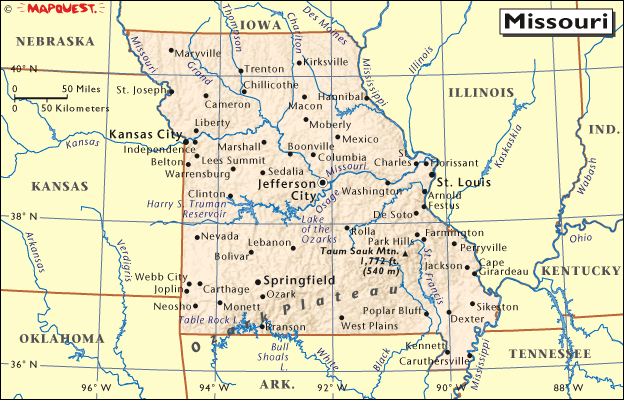ST. LOUIS – A Chicago-based organization called Fresh Coast Capital announced Thursday it will invest over $1 million to revitalize portions of urban land in six U.S. cities, including St. Louis and Kansas City.
Fresh Coast is a real estate development firm that focuses on environmental sustainability and revitalization. Their projects in St. Louis, Kansas City and the four other sites will take vacant land and turn them into landscapes with a focus on the burgeoning field of urban agriculture. In those six cities combined, Fresh Coast estimates they will plant over 27,000 trees over 60 acres and sequester 28 million tons of carbon dioxide in 15 years.
Co-founder Laura Brenner Kimes said these types of projects are important in cities because trees help regulate groundwater and carbon dioxide, a greenhouse gas.
“These types of projects are exciting because they have the added benefit of helping cities cost effectively reduce flooding, update aging infrastructure, and meet Clean Water Act requirements,”she said.
April Mendez, another Co-Founder of the Organization, also believes these projects help city economies as well by transforming vacant lots into more useful space.
“Vacancy at this scale creates a downward spiral in already disinvested communities,” she said in a statement. “As vacancy and blight grows, crime rises and property values fall, leading more people to move out with no one moving in. Abandonment begets abandonment. Active, green reuse of these properties is a powerful antidote that has been shown to immediately stabilize and even improve property values, lower crime and improve health and environmental outcomes.”
St. Louis Mayor Francis Slay agrees.
“I am thrilled to welcome Fresh Coast Capital to the City of St. Louis to help our community breathe new life into some of our vacant and abandoned land,” Slay said. “Fresh Coast’s urban tree farms will turn 42 unused lots from a liability that costs the City thousands of dollars a year to maintain into an asset for the community. This innovative reuse of land will create a more sustainable, resilient neighborhood.”
Flint and Battle Creek, Michigan; Youngstown, Ohio; and Elkhart, Indiana were the other cities chosen for like projects.








